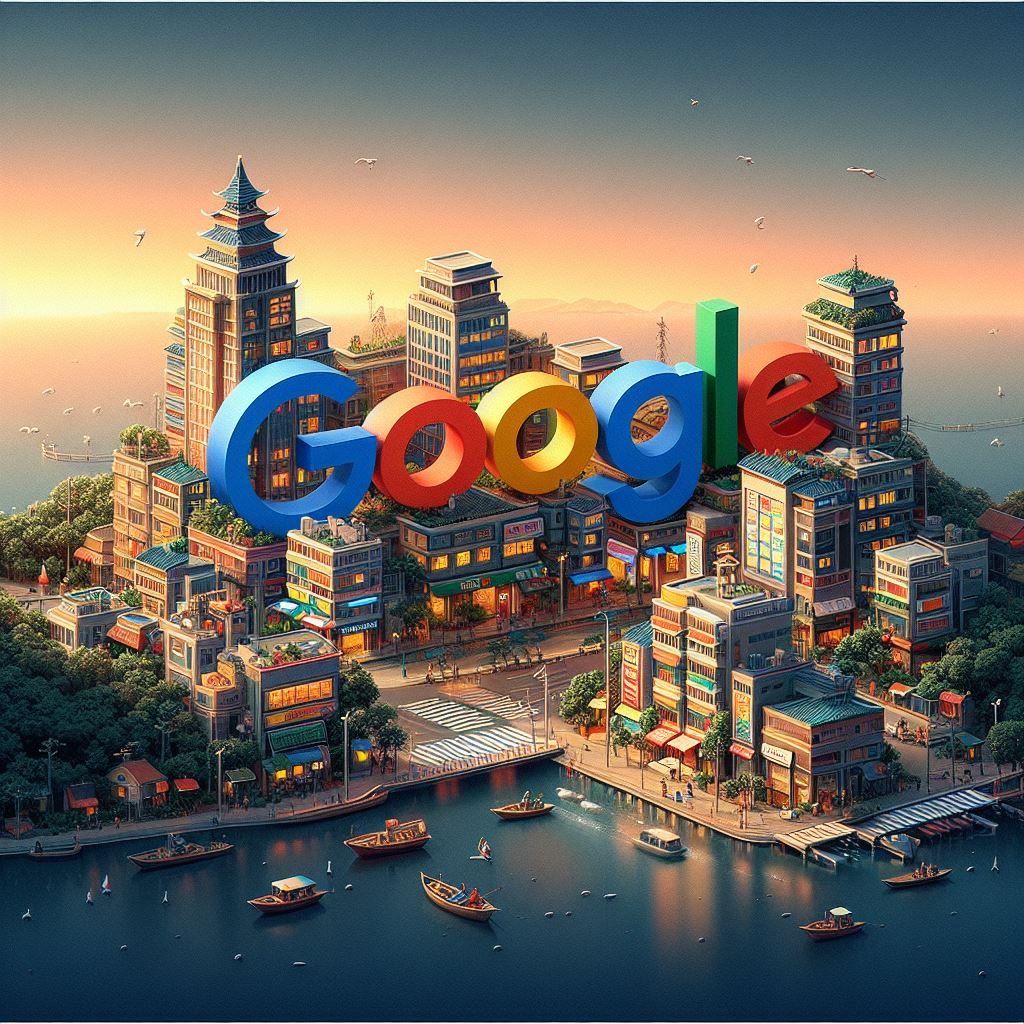In an ambitious move to reignite interest in its metaverse endeavors, Meta has unveiled a set of generative artificial intelligence (genAI) tools. These tools include celebrity-voiced AI-powered assistants and personalized digital characters that users can interact with, marking a significant leap into the world of generative AI. The announcement was made during Meta’s Connect conference on September 27th, with CEO Mark Zuckerberg showcasing the new AI software alongside Meta’s upcoming Ray-Ban smart glasses and the latest Meta Quest 3 VR headset.
Meet Meta’s AI digital assistant
One of the highlights of Meta’s genAI offerings is its AI digital assistant, designed to compete with OpenAI’s ChatGPT. This assistant generates answers to user questions via text and can access Microsoft’s search engine, Bing, to fetch real-time information, including breaking news updates. Meta envisions these generative AI assistants as a pivotal element of its metaverse strategy, with plans to allow users to interact with them in real-time once the metaverse is fully realized.
Celebrity voices in the metaverse
To add a touch of excitement and personalization to the metaverse experience, Meta has enlisted the voices of several celebrities, including Kendall Jenner and Snoop Dogg. These celebrities will serve as the voices behind digital characters that users can engage with. For instance, Zuckerberg demonstrated playing Dungeons and Dragons with Snoop Dogg’s narration, showcasing the entertainment potential of these digital personas. This celebrity involvement is expected to make the metaverse more engaging and appealing to a wider audience.
Testing personalized digital assistants
Before rolling out the genAI-powered digital assistants and celebrity voices to the public, Meta plans to conduct tests in collaboration with select businesses. These trials aim to fine-tune the technology and gather feedback to ensure a seamless and satisfying user experience. It reflects Meta’s commitment to delivering high-quality AI interactions within the metaverse.
Meta’s metaverse challenges
Meta, formerly known as Facebook, has faced challenges in realizing its metaverse vision. The company’s Reality Labs division, responsible for virtual reality (VR) projects and technology, reported a substantial loss of $4.28 billion in the fourth quarter of 2022, contributing to a total loss of over $13 billion for the year. Despite these setbacks, Zuckerberg remains determined to make the metaverse a reality and is now focusing on the potential of generative AI to generate excitement and interest in the metaverse concept.
Rising trend in generative AI hiring
Meta’s strategic move into generative AI aligns with a broader trend in the tech industry. Hiring in generative AI has been on the rise since the beginning of 2022, with December 2022 marking the peak month for global generative AI hires, reaching 3,598 new hires. This surge in hiring followed the release of OpenAI’s generative AI chatbot, which quickly gained popularity with 100 million monthly active users seeking assistance with tasks such as document editing and coding.
Throughout 2023, generative AI hiring continued to climb steadily, reaching 3,117 new hires in June, just below the peak of December 2022. This trend underscores the growing importance of generative AI in various industries and its potential to transform user experiences within the metaverse.
AI’s role in Meta’s future
Zuckerberg emphasized that Meta’s AI investments are interconnected and integral to building the foundation for the metaverse. AI technology will not only power digital assistants but also play a significant role in Meta’s upcoming Ray-Ban smart glasses. Priced at $299, these augmented reality glasses will feature Meta’s AI software built into the frames, enabling users to identify landmarks and translate signs. This integration of AI into everyday experiences, such as wearable tech, showcases Meta’s commitment to making AI a ubiquitous part of our lives.
The road ahead for Meta
As Meta continues to invest in generative AI and explore innovative applications for AI technology, the company aims to overcome the challenges it has faced in realizing its metaverse dreams. With the introduction of genAI-powered digital assistants and celebrity voices, Meta hopes to create a more engaging and interactive metaverse that captures the imagination of users worldwide. The future of the metaverse, once a distant dream, now seems closer than ever, thanks to the potential of generative AI and Meta’s unwavering commitment to shaping the digital landscape.
In a world increasingly driven by AI and virtual experiences, Meta’s vision for the metaverse is poised to play a significant role in shaping the future of human interaction and digital connectivity. With generative AI at its core, the possibilities for the metaverse are limited only by our imagination.





